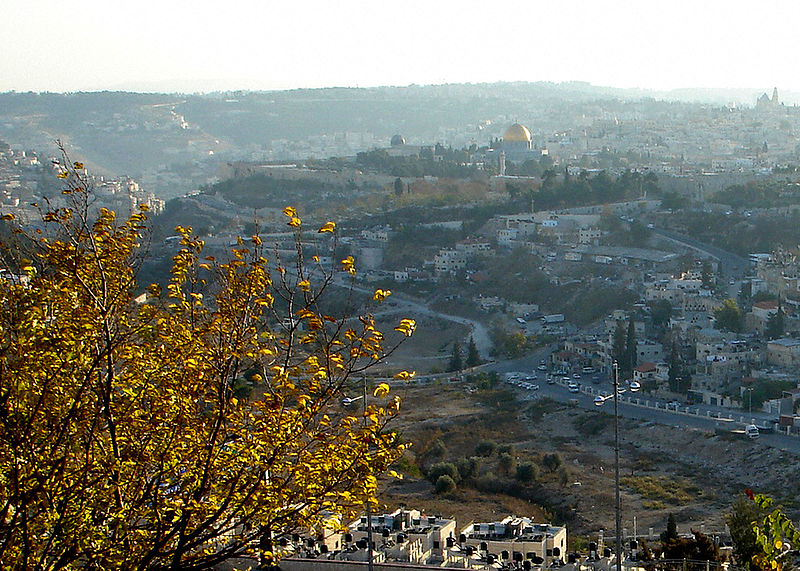20 Aug. Is this the origin of the church offertory?
"Now I will write about the collection of money for God's people. Do the same thing I told the Galatian churches to do: on the first day of every week, each one of you should put aside money as you have been blessed. Save it up so you will not have to collect money after I come."
"When I arrive, I will send whomever you approve to take your gift to Jerusalem. I will send them with letters of introduction, and if it seems good for me to go also, they will go along with me."
"I plan to go through Macedonia, so I will come to you after I go there. Perhaps I will stay with you for a time or even all winter. Then you can help me on my trip, wherever I go."
"I do not want to see you now just in passing. I hope to stay a longer time with you if the Lord allows it. But I will stay at Ephesus until Pentecost, because a good opportunity for a great and growing work has been given to me now. And there are many people working against me."
"If Timothy comes to you, see to it that he has nothing to fear with you, because he is working for the Lord just as I am. So none of you should treat Timothy as unimportant, but help him on his way in peace so that he can come back to me. I am expecting him to come with the brothers..."
"I am happy that Stephanas, Fortunatus and Achaicus have come. You are not here, but they have filled your place. They have refreshed my spirit and yours. You should recognise the value of people like these."
"The churches in the country of Asia send greetings to you. Aquila and Priscilla greet you in the Lord, as does the church that meets in their house. All the brothers and sisters here send greetings. Give each other a holy kiss when you meet."
"I, Paul, am writing this greeting with my own hand... Come, O Lord! The grace of the Lord Jesus be with you. My love be with all of you in Christ Jesus."
(1 Corinthians 16:1-24)

Paul ends his letter by urging the Corinthian believers – like those in Galatia – to make a monetary offering when they meet each Sunday so that, when he visits them next, they can send a gift to help the impoverished believers in Jerusalem and Judaea (see Acts 19:21).
Paul was writing his letter during his third missionary journey early in 56AD (before Pentecost – see 1 Corinthians 16:8) when he had been staying in Ephesus for three years (see Acts 18:24-28, 19:1-10 and 1 Corinthians 16:19).
Paul outlines his plans to spend several months with them during the following winter at Corinth after he has revisited Macedonia (see Acts 20:1-3).
In the meantime, Paul intends to send Timothy to them (see 1 Corinthians 4:17 & 16:10). Timothy plans to stop off at Philippi in Macedonia before moving on to Corinth (see Acts 19:22).
Timothy was only a young man (see 1 Timothy 4:12). In an age when respect of elders was a highly regarded trait of society, some of the elders in Corinth might have found it difficult to take advice from Paul's young assistant. So Paul commends Timothy to them, and asks them not to "regard him as unimportant" on account of his youthful appearance (1 Corinthians 16:11).
In his final words, Paul sends greetings from Aquila and Priscilla, in whose house he is staying in Ephesus and with whom he had lodged in Corinth during his earlier visit (see Acts 18:24-28).
He closes with the Aramaic words ‘Marana tha’ – meaning ‘Come, Lord!’ – a very early Christian prayer in anticipation of Jesus’s return (see 1 Corinthians 16:22).
The photo (by Joe Freeman) shows the Old City of Jerusalem from Mount Scopus.
You can read the whole of Paul's First Letter to the Corinthians beginning @ https://www.thebiblejourney.org/…/pauls-1st-letter-to-cori…/
